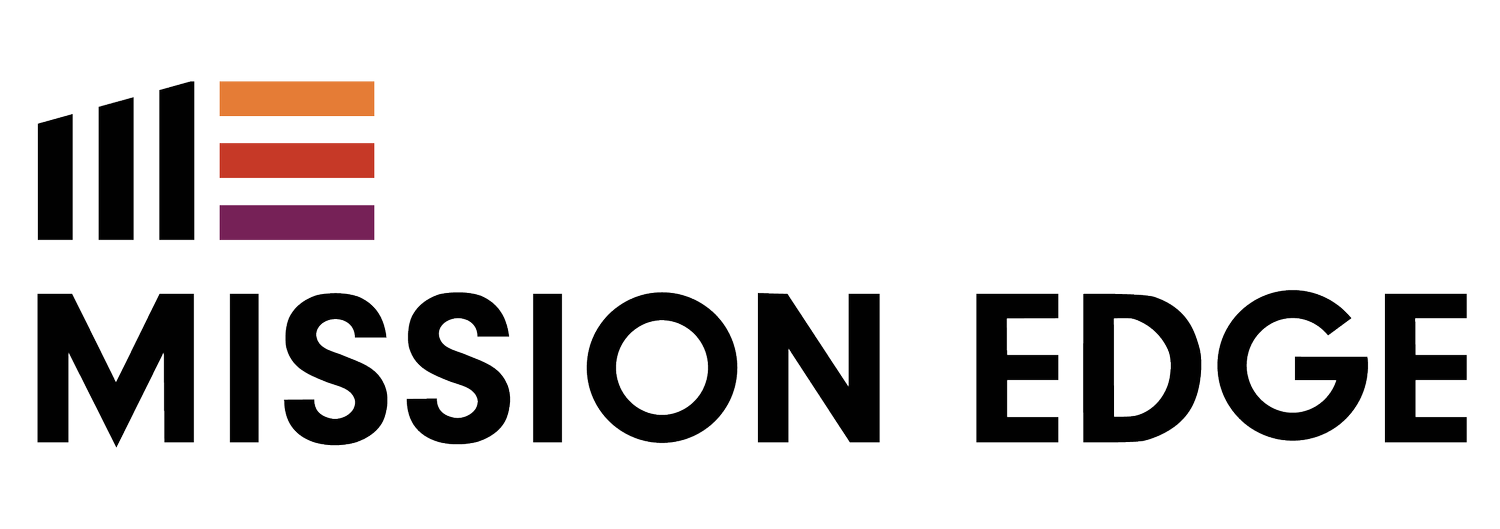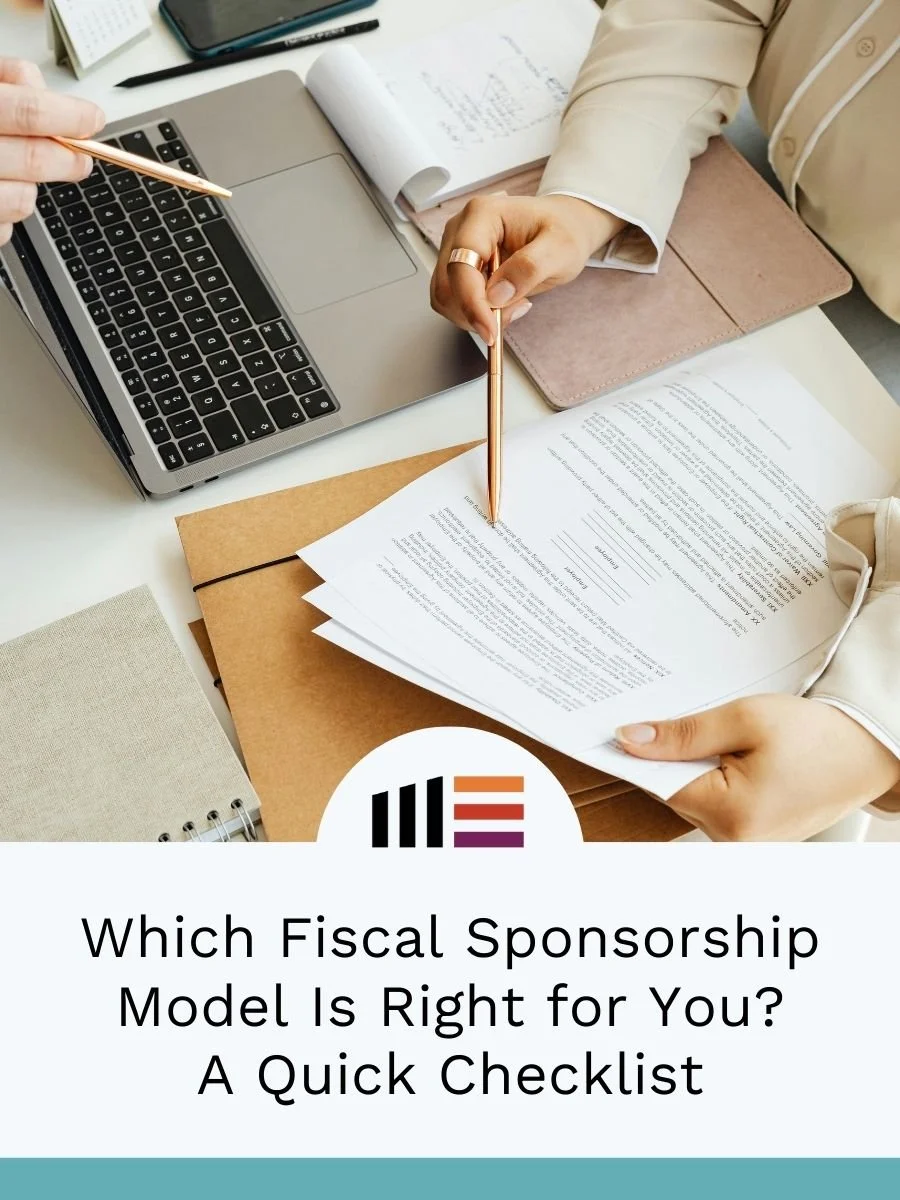Launch Your Nonprofit Faster with Fiscal Sponsorship
Starting a nonprofit is rewarding, but it’s also a serious legal and administrative process. Many founders are surprised to learn that it can take six months to a year for the IRS to approve 501(c)(3) tax-exempt status. During that time, new organizations often can’t apply for grants or receive tax-deductible donations. Fiscal sponsorship offers a faster, lower-barrier alternative for program-ready founders who want to launch their nonprofit project quickly and begin fundraising with confidence.
The Traditional 501(c)(3) Path: What It Takes
The IRS 501(c)(3) process begins at the state level. Founders must first incorporate a nonprofit, create bylaws, appoint a board of directors, and obtain an Employer Identification Number (EIN). After that, they submit Form 1023 or Form 1023-EZ to the IRS to request tax-exempt status.
Form 1023 can take more than 100 hours to prepare and up to six months or longer for review. Even the shorter 1023-EZ averages 2–3 months for processing. The application requires detailed narratives, program budgets, and governance documents to demonstrate that the organization serves a legitimate charitable purpose.
In addition to federal approval, nearly every state requires registration to solicit charitable contributions.
The National Council of Nonprofits notes that about 40 states require separate charitable solicitation filings, which means most founders must navigate multiple agencies before raising a single dollar.
These requirements serve an important purpose—they protect the public and ensure funds are used for charitable good—but they also delay your ability to act on urgent community needs.
Fiscal Sponsorship: A Faster, Supported Launch
If your program is ready and you have funders interested in supporting your work, fiscal sponsorship can dramatically speed up your launch. In this arrangement, your project operates under the umbrella of an existing 501(c)(3) nonprofit (the fiscal sponsor), which extends its tax-exempt status and back-office infrastructure to you.
The National Network of Fiscal Sponsors (NNFS) reports that fiscal sponsorship now supports tens of thousands of charitable projects nationwide, helping founders save time and avoid early administrative pitfalls. Because your sponsor already holds 501(c)(3) status, you can begin receiving tax-deductible donations and grants immediately instead of waiting months for IRS approval.
Fiscal sponsorship is not a shortcut—it’s a partnership.
The sponsor provides oversight and handles key administrative functions, such as:
Accounting and financial reporting
Payroll and HR compliance
Donor acknowledgment and tax receipting
Insurance and risk management
At Mission Edge, fiscally sponsored projects benefit from a full nonprofit infrastructure that allows them to operate confidently and stay compliant from day one. This level of fiscal sponsor support enables founders to focus on programs and fundraising rather than paperwork.
Comparing Timelines and Benefits
| Step | Traditional 501(c)(3) | With Fiscal Sponsorship |
|---|---|---|
| Legal incorporation | 2–4 weeks | Not required |
| IRS Form 1023 approval | 3–12 months | Immediate access via sponsor |
| Fundraising eligibility | After IRS approval | Immediately |
| Accounting and HR setup | 1–3 months | Sponsor manages back office functions |
| Annual compliance filings | Managed independently | Managed by sponsor |
Why Readiness Still Matters
Fiscal sponsorship is designed for projects that have direction, momentum, and are prepared to start making an impact. Projects that succeed under fiscal sponsorship usually have:
A clear mission and program plan
Identified beneficiaries and outcomes
Initial funding or committed partners
Capable leadership to manage day-to-day operations
Sponsors typically vet projects carefully to confirm alignment with their charitable purpose and ensure financial viability. This readiness benefits everyone: it helps projects succeed and protects the sponsor’s reputation and donors’ trust.
As Mission Edge shared in a recent blog on nonprofit startup pitfalls, fiscal sponsorship works best when a project has traction and needs a streamlined path to launch.
When Fiscal Sponsorship Makes Sense
Fiscal sponsorship with Mission Edge can be a strong fit if:
You have grant opportunities or donors ready to give now
You’re ready to start making impact while waiting for IRS approval
You want to focus on programs while professionals manage compliance
You plan to pilot or test a new concept before forming a full nonprofit
It’s also a way to build a track record with funders. Sponsors like Mission Edge provide transparent financial reporting, giving your supporters confidence that their contributions are managed responsibly. Later, if you decide to form your own 501(c)(3), you’ll already have a history of impact.
Getting Started with Fiscal Sponsorship
Every fiscal sponsor has its own application process, typically reviewing:
Your mission and charitable purpose
Budget and funding plan
Program design and leadership
Alignment with their organization’s mission
Once approved, you enter into an agreement outlining roles, costs, and responsibilities. Most sponsors charge a small administrative percentage of funds raised to cover back-office services.
You can learn more about Mission Edge’s model and approach on our Fiscal Sponsorship page or explore related resources.
The Bottom Line
Starting a nonprofit takes time, money, and deep preparation. The IRS 501(c)(3) process ensures accountability but can slow down momentum for founders ready to launch. Fiscal sponsorship offers a faster, supported path for those with funding, structure, and a clear mission—helping you focus on impact while experts handle the compliance.
If you’re ready to launch your nonprofit project and want to explore fiscal sponsorship benefits, Mission Edge can help.
Contact us to learn how our experienced team can help you start your nonprofit quickly, confidently, and with less hassle.















